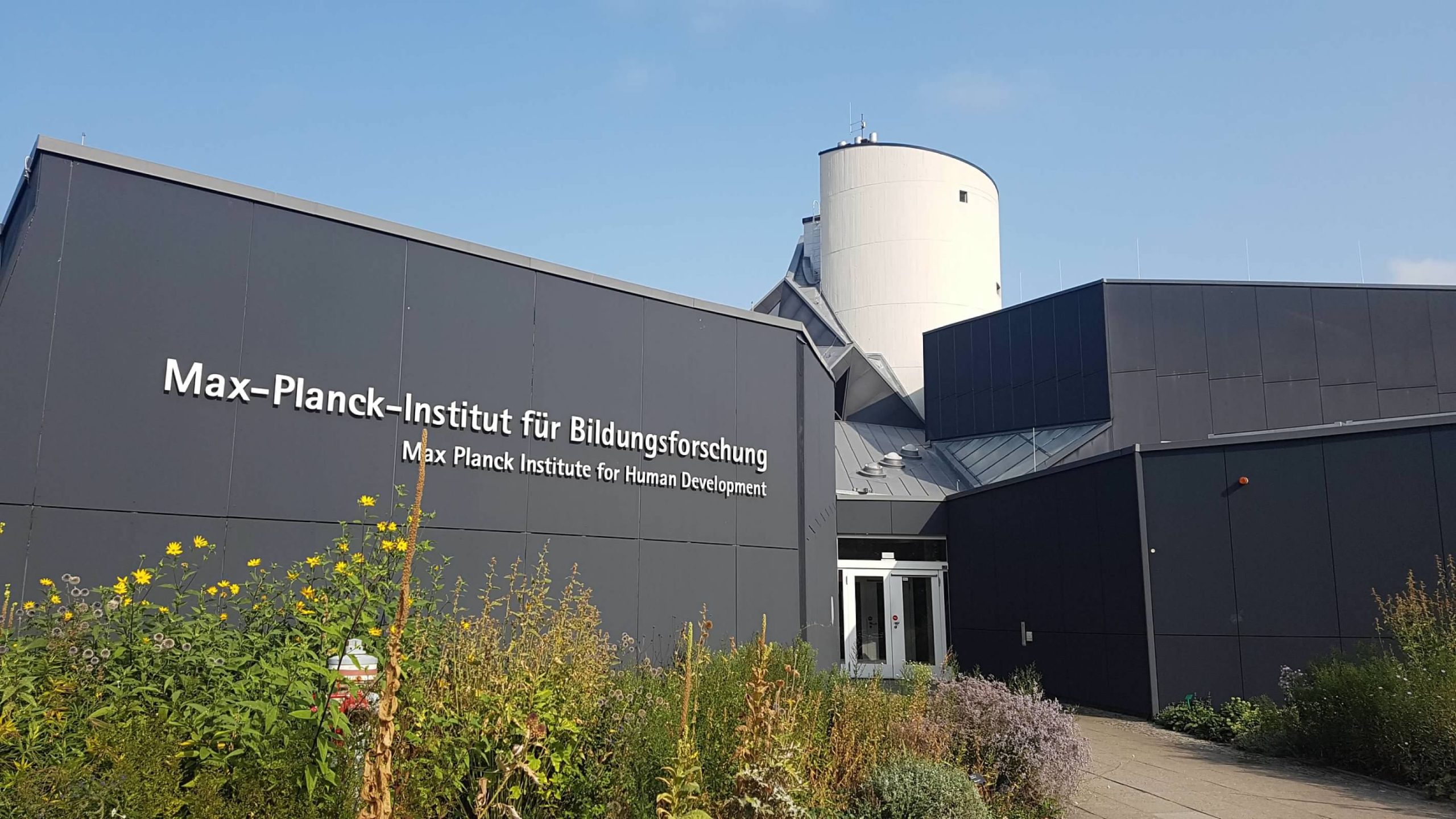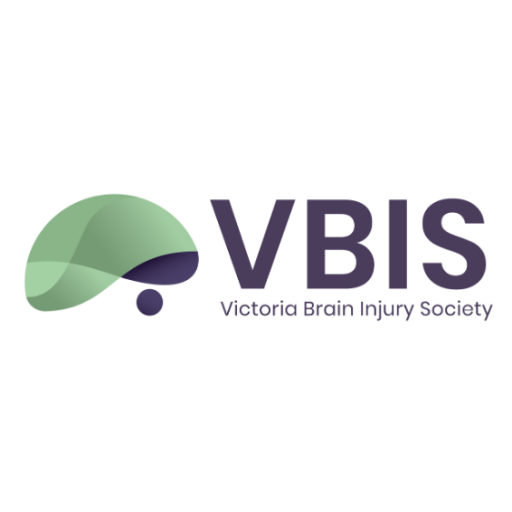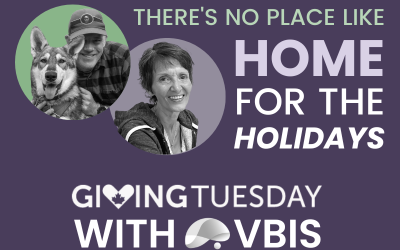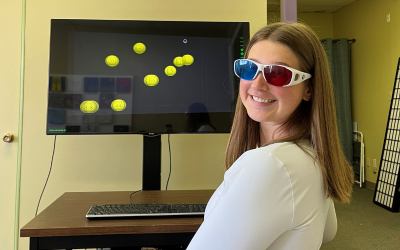By: Pam Prewett
Taking on the role of Executive Director at the Victoria Brain Injury Society (VBIS) has been a transformative experience, both professionally and personally. The journey has been filled with challenges, learning opportunities, and profound moments of connection with individuals affected by brain injury. Here are some thoughts on what I’ve learned about brain injury through my tenure at VBIS.

Understanding Brain Injury
Before joining VBIS, my knowledge of brain injuries was limited to what I had read in books, as well as my experience in association management and conference planning for international scientific organizations related to brain research. While this provided me with a high-level understanding of brain injury science, VBIS is where the real, hands-on work happens—boots on the ground, providing support and resources directly to those affected.
The Importance of Support Systems
One of the most critical aspects of recovery for brain injury survivors is a robust support system. At VBIS, we provide a safe space where survivors can find the resources, peer support, and community engagement they need. Families and caregivers play a crucial role in this journey, and it’s essential to offer them guidance and support as well. Witnessing the strength and resilience of these families has been incredibly inspiring.
Holistic Approach to Rehabilitation
Through my work at VBIS, I’ve learned that addressing brain injury recovery requires a holistic approach. This includes not only medical and physical rehabilitation but also psychological and social support. Our programs at VBIS emphasize the importance of mental health, social integration, and continuous learning. Art therapy, peer support groups, and community activities are some of the diverse services we offer to cater to the varied needs of our clients.
Raising Awareness and Advocacy
One of the significant aspects of my role has been advocating for brain injury awareness and better support systems. Brain injury is often referred to as the “invisible disability” because its effects are not always apparent. Public education and awareness campaigns are vital to dispel myths and promote understanding. Working with policymakers to improve resources and funding for brain injury services has been a challenging but rewarding part of my job.
Building Resilience and Empathy
Every day at VBIS, I am reminded of the resilience of the human spirit. The courage and determination of brain injury survivors to rebuild their lives are nothing short of remarkable. This role has taught me immense empathy and the importance of listening to and validating each person’s unique experience.
Community Collaboration
Our work at VBIS wouldn’t be possible without the collaboration of local organizations, healthcare professionals, and dedicated volunteers. Building strong community ties has been essential in providing comprehensive care for brain injury survivors. It has also highlighted the power of community in fostering recovery and inclusion.
Conclusion
My tenure as Executive Director of the Victoria Brain Injury Society has been a journey of growth, learning, and deep fulfillment. Understanding the complexities of brain injury and witnessing the incredible strength of survivors has profoundly impacted me. As we continue to advocate for and support those affected by brain injuries, I am committed to fostering a society where every individual has the opportunity to live a full and meaningful life.
For more information about our programs and how you can support our mission, visit vbis.ca.




